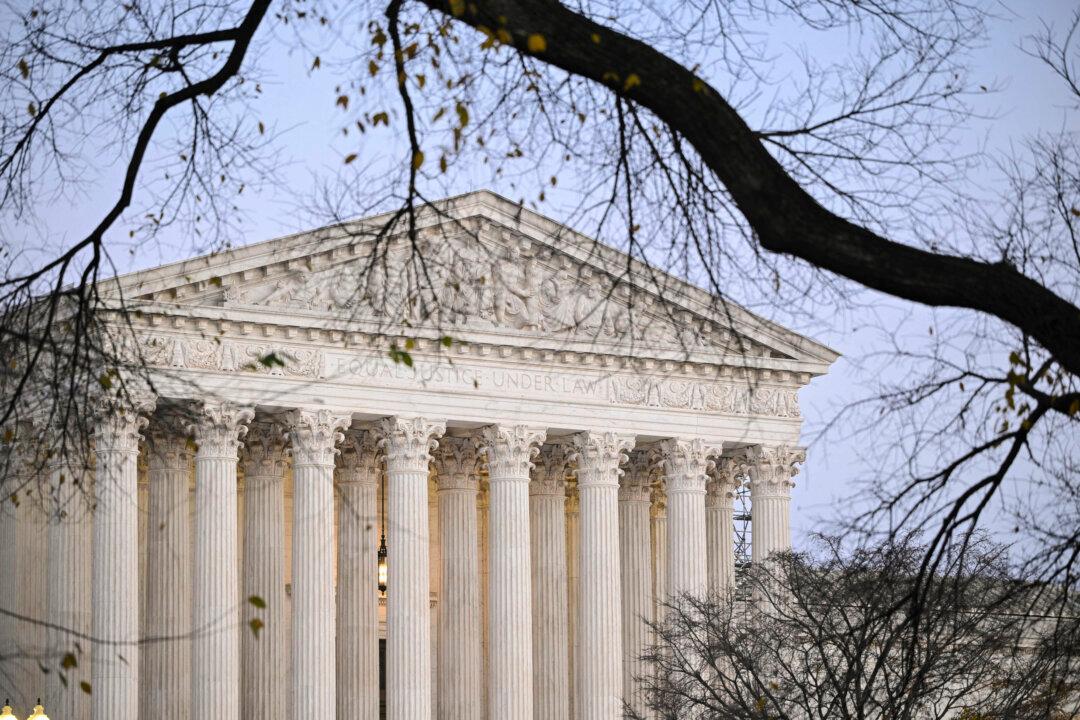HISTORIC ELECTION CASE
The Supreme Court is hearing oral argument on Feb. 8 over what is perhaps the most consequential presidential election case since Bush v. Gore. It’s expected to weigh in on a relatively untested part of the Constitution that could have major ramifications for various aspects of U.S. law.





